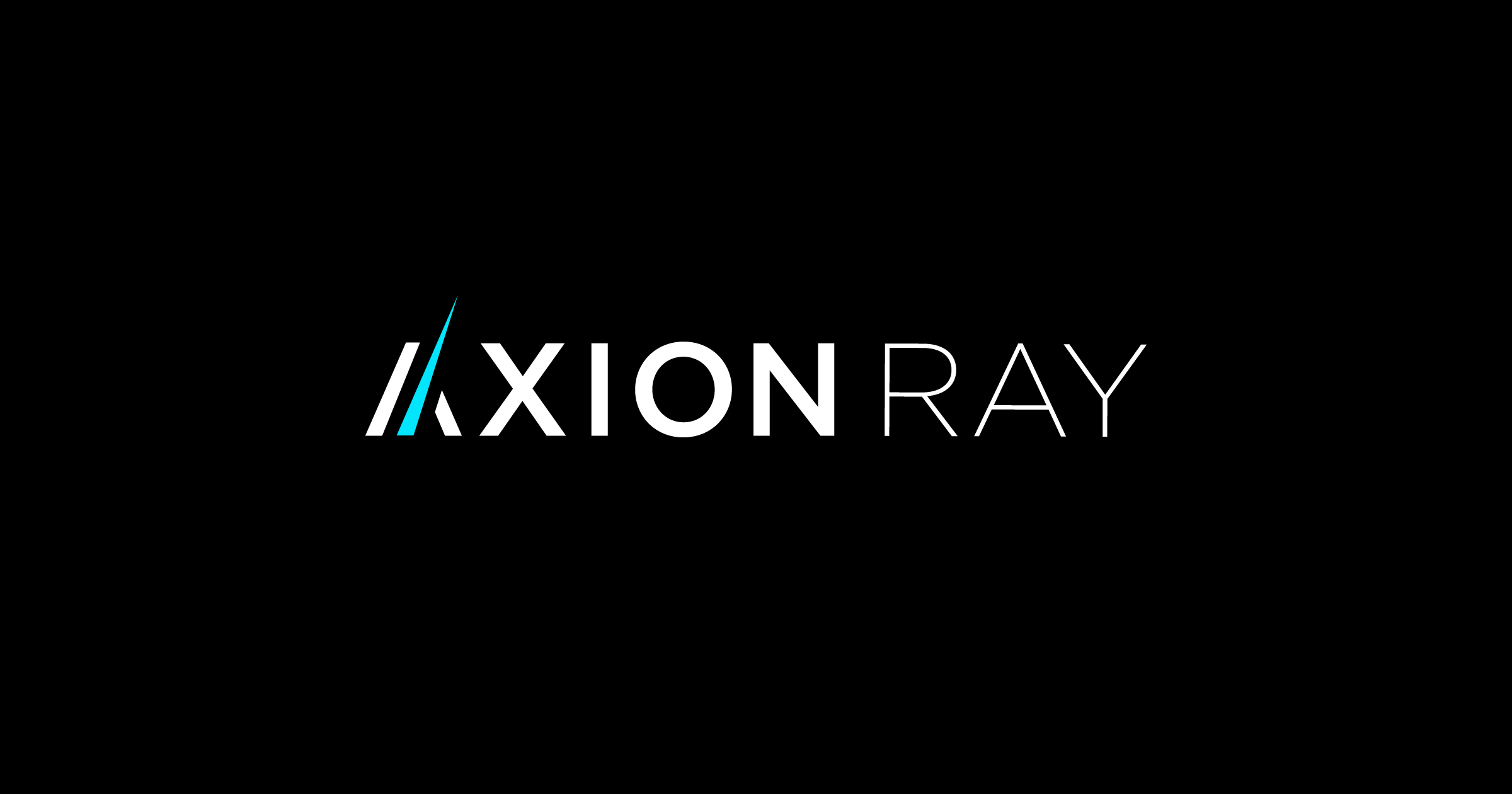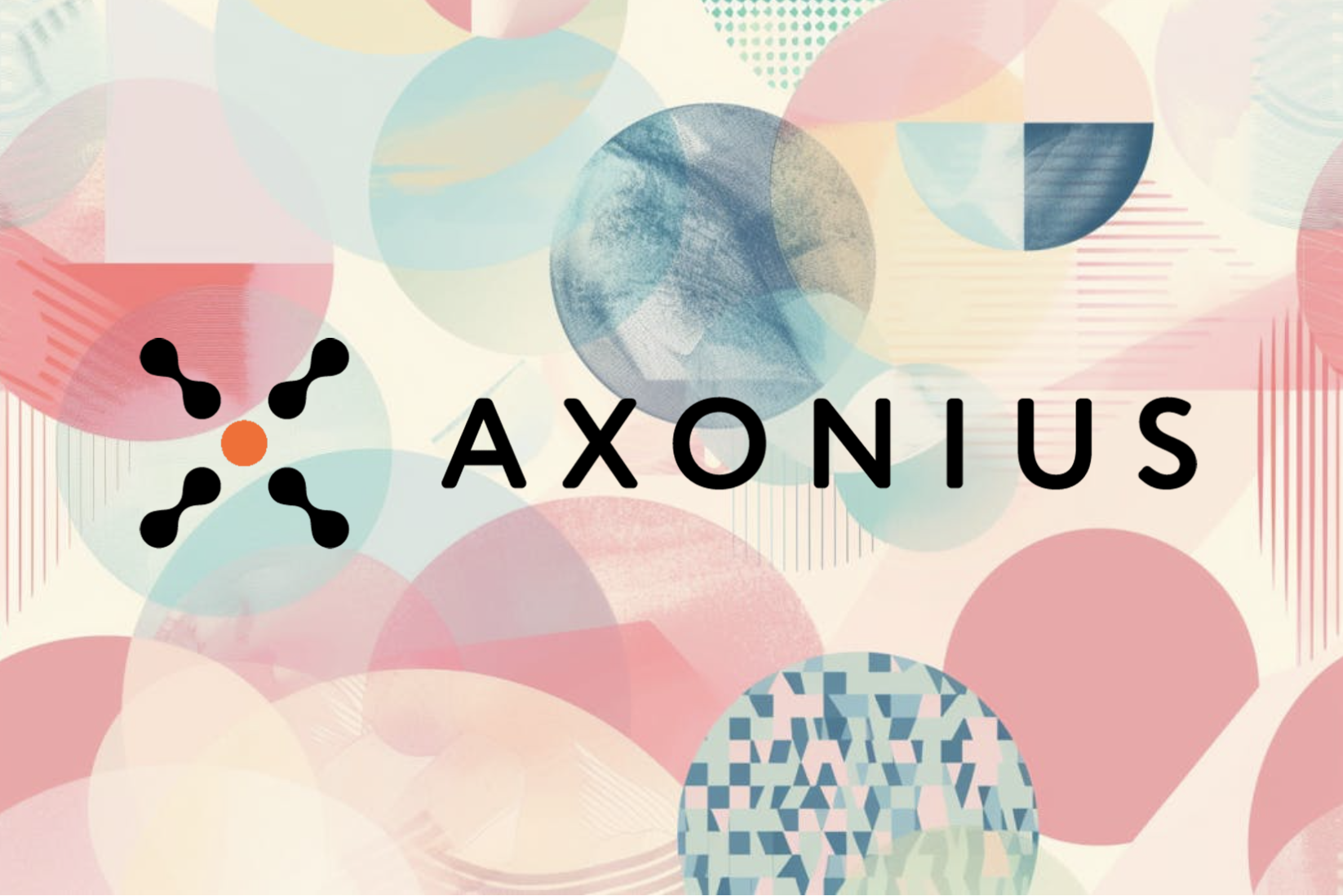
- Axion Ray raises $17.5 million in Series A round led by Bessemer Venture Partners to predict product failures.
- Recalls in medical device manufacturing sector can reach up to $600 million, leading to customer distrust and brand switching.
- Axion Ray's AI-powered platform analyzes data signals to predict and prevent product failures, aiming to streamline issue detection and resolution.
Axion Ray, a company creating an AI-powered platform to predict product failures, raised $17.5 million in a Series A round led by Bessemer Venture Partners. The platform aims to help manufacturers proactively manage emerging product quality issues by providing a unified view of the problems and associated data.
What to know: Axion Ray’s AI technology aims to detect product flaws proactively to prevent costly recalls, which can have a significant reputational impact on businesses. According to McKinsey, recalls in the medical device manufacturing sector alone have reached up to $600 million in recent years. The aftermath of recalls can lead to customer distrust, with studies showing that a majority of purchasers would switch brands or avoid products from the manufacturer following a recall. In response to this challenge, Axion Ray, led by CEO Daniel First, has developed an AI-powered platform that analyzes various signals, including field service reports and sensor data, to predict and prevent product failures.
Deeper details: Axion Ray, valued at $100 million, recently secured $17.5 million in a Series A funding round led by Bessemer Venture Partners, with participation from RTX Ventures, Amplo, and Inspired Capital. This funding brings the total raised by the Brooklyn-based company to $25 million. The CEO, Daniel First, plans to utilize this investment to enhance the platform's capabilities, expand into new industries, and grow the company's workforce. First's inspiration for Axion Ray came from his time at McKinsey, where he observed the limitations of AI-powered projects in preventing product issues due to insufficient fine-tuning.
The backstory: First emphasizes the importance of integrating AI solutions within a product to proactively address emerging quality issues. He notes that without a unified platform like Axion Ray, different teams within an organization tend to conduct isolated analyses, leading to duplication and lack of collaboration. By providing a comprehensive view of product issues and associated data to various teams such as engineering, program, product, production, field quality, and customer support, Axion Ray aims to streamline the process of detecting and resolving quality issues efficiently.
A history of growth: Axion Ray's specialized AI algorithms scan diverse data sources, including field reports, call center complaints, dealership feedback, and telemetry readings, to identify recurring product quality issues. By analyzing this data, the platform can pinpoint patterns and trends that indicate potential problems, such as malfunctions in specific components like anti-lock braking systems in cars. This proactive approach enables manufacturers to address issues promptly and prevent widespread product failures, ultimately enhancing customer satisfaction and reducing costs.


